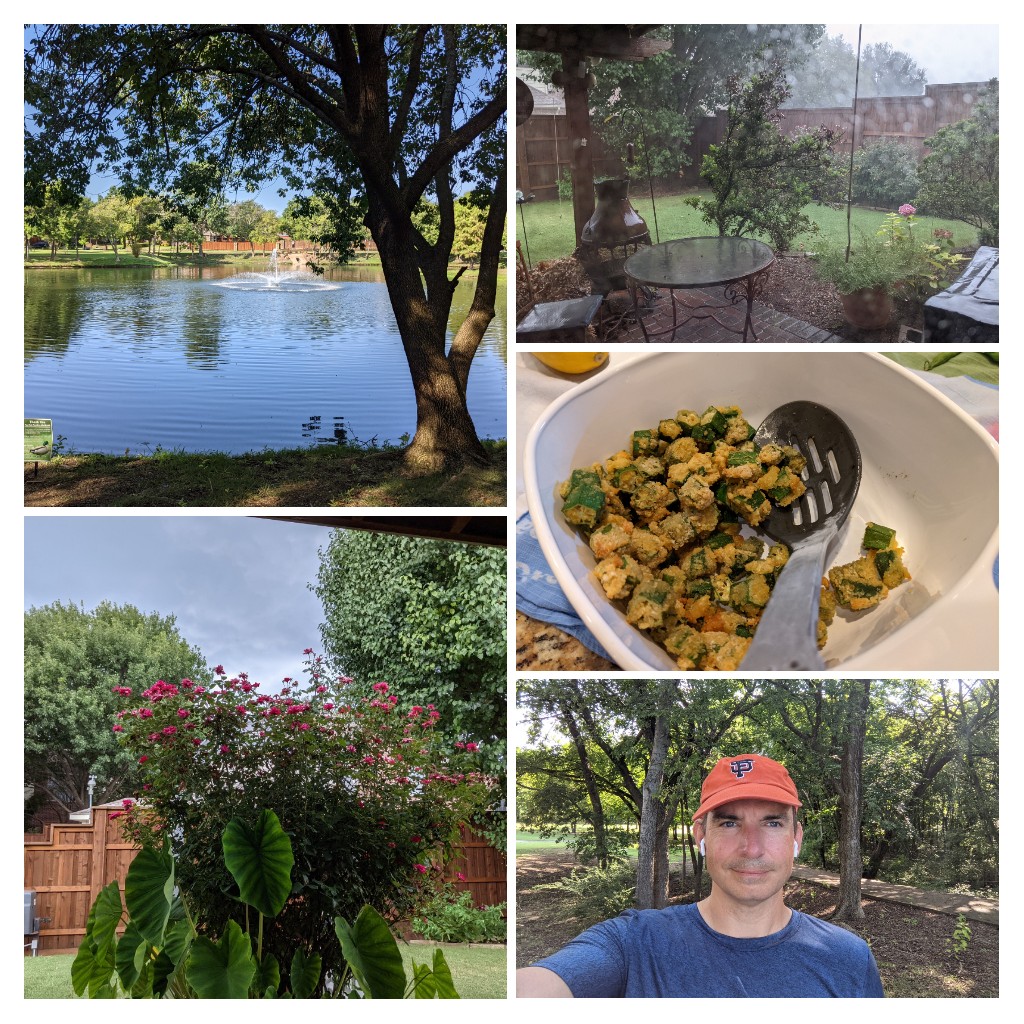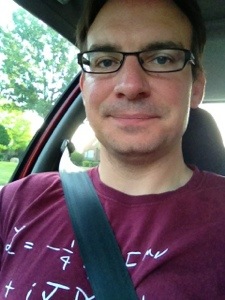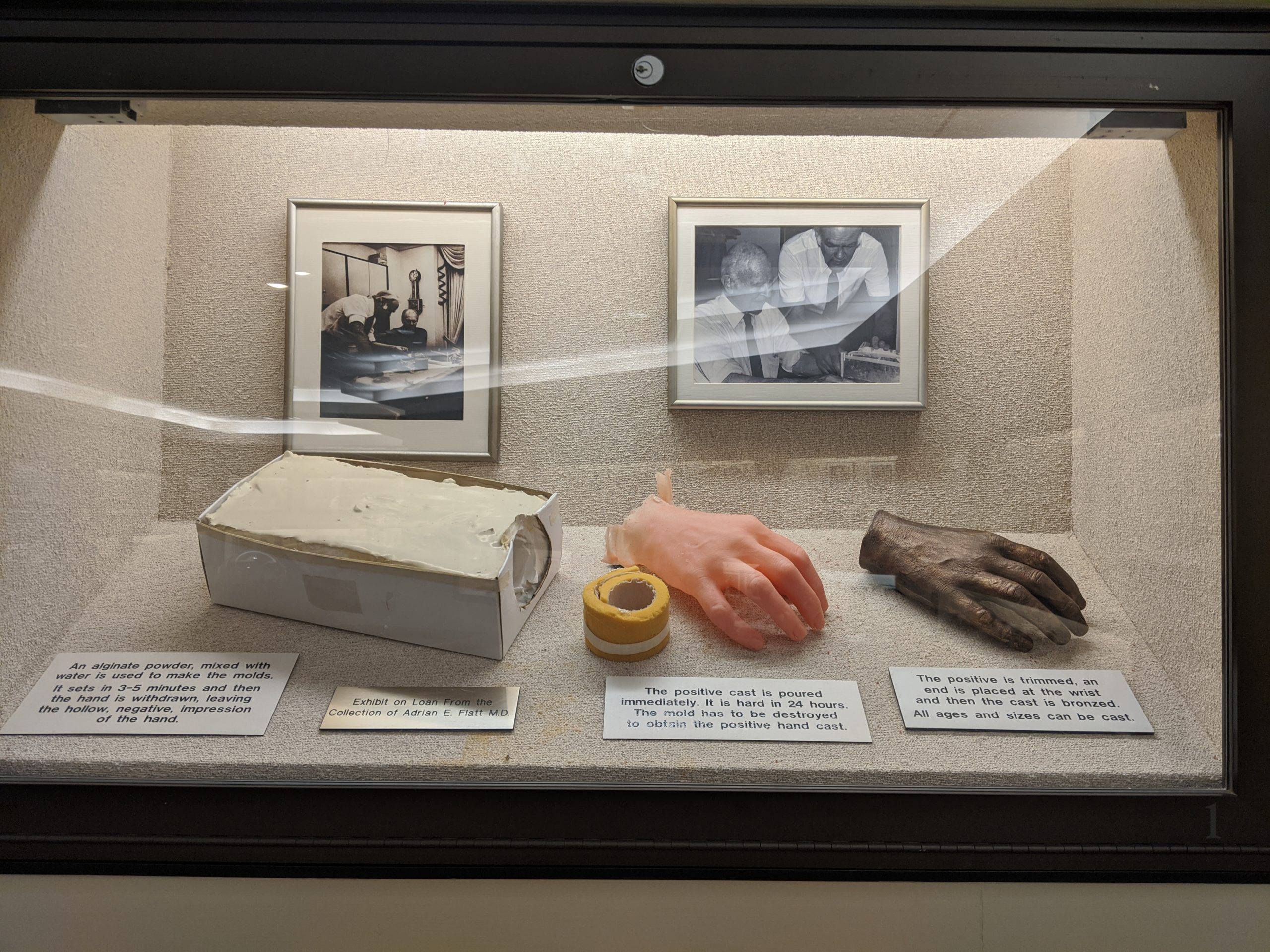What happened? I started this year with an intended focus on wellness. I resolved to use this blog not as a place to write long articles about the abuse of science and reason, but as a place for me to focus on efforts to exercise, adjust my eating habits, and reflect on the world around me. Halfway through the year, this effort crashed. I went silent for months after that, for good reasons. I want to use this last day of the year to reflect on what happened in 2021 … and how better to use this writing space in 2022.
The last four years have been awful for the United States, and also for the world. I want to keep my focus on the U.S. For a long time, I used this space to comment (with critical analysis and source citation) on debunking nonsense claims, assessing misuse of scientific thinking, and fallacious arguments. My focus was generally on things that has larger implications: poor use of science in the service of policy development, and poor use of science and reason in medicine and nutrition.
In the time since I started that aspect of my writing, professional organizations have appeared that, for the most part, negated the need to use a blog like this to write on such topics. I am just a physicist, and while I have extensive training and practice in logical argument, reasoning, scientific practice, and critical thinking, that cannot automatically make someone like me able to comment on everything. In fact, I would argue that such hubris has been the consistent downfall of most scientists who are also science communicators. Let me dig into this a little deeper.
A scientist with deep practice in one area has expertise primarily in that area. For the most part, analysis and assessment by such a person in their area of practice will be reliable. (“reliable” does not imply “perfect” – I am choosing my words precisely here) Scientists – by which I mean people with Ph.D.s in a field – generally have a reasonable foundation of logical, critical, mathematical, physical, and statistical thinking. They can apply that training to other areas of science. The most reliable analysis will be in areas most closely related to the field of practice. The farther afield a scientist wanders, the higher the risk of saying something pretty stupid.
If one does wander from the field of practice, it’s best to establish principles. For instance, stick to concepts in the other field(s) that align closely with areas of expertise; state the limitations of your criticism at the outset (be honest with your audience); try to draw narrow conclusions, rather than broad ones, based on a confined analysis.
It’s important in all cases to remember that the best analysis comes from people who know how to identify strong and weak sources of information; who know how to use logical and mathematical thinking by adhering to the appropriate rules of these disciplines (and they do have very strict rules); who know how to think critically; who express open honesty about the limitations of knowledge while emphasizing the constant need to grow the body of knowledge; who emphasize that decisions need to be made from the best available analysis.
The general population of commentators do not fit this archetype, and therefore their pronouncements carry immense risk. However, even experts can fail utterly here. It’s usually easy to spot their mistakes. For example, a medical doctor (M.D.s have no formal training in scientific practice, as medicine does not require its students to learn to conduct research) commenting on scientific studies of medicine may be out of their depth, unless they note that they are simply following the consensus of the research and evidence. M.D.s usually fail by extrapolating from one or a few patients (e.g. people they meet in their own practice) to the general population.
Conversely, practicing scientists have no formal training in medicine. The best scientists may be expert in what happens when a specific compound is introduced to a few cells in a petri dish, but then fail utterly when making public pronouncements about how these results apply to a population of people ingesting the compound. Those things may have no straight line connecting them – medicine is messy, because living organisms are complex.
Which brings me back to my change of purpose for this blog. There was a time when having scattered voices in public fora was useful for assessing claims. Now, however, journalistic organizations have adopted many of those functions … and, being journalists, they generally practice the methods of sourcing and verifying information better than your average science blogger. I acknowledge that science journalists also may have no expertise in science itself, but the best science journalists go to the experts and source information from them while also keeping an eye on the weight of the best quality evidence.
Sites like “Science-Based Medicine,” “Skeptoid,” and “FactCheck.org” (to name only a few) do an excellent job of investigating (often with the outcome being a debunking) a range of claims. It’s impossible for a physicist like me to offer anything that organized media forums like that are not already doing.
Worse, this kind of writing takes a toll on the writer. Constantly feeling the need to investigate a wild claim uttered by a friend, family member, or … worse … rando lunatic on Facebook is exhausting. It’s emotionally draining. The outcome is usually a sense of satisfaction that a claim is or is not right, only to realize that this paints a friend or family member in an unflattering light for the depth of their incredulity. Going to holiday parties is no fun when you know your nutty aunt really is a total nutter, or your wacky uncle really is a wacko. Personally, I felt more and more burned out over time as I nevertheless enjoyed engaging in questions about alternative medicine, fake-science-as-science, etc.
I also realized that every hour spent investigating some bullshit claim (where the burden of proof should have been on the claimant) took time away from my own research. Why should I be sacrificing time with students, time working on code, time thinking about new ideas or experiments, when the people who splatter their nonsense at a family gathering or on Facebook get away without lifting a finger?
Fuck them.
The four years of the Trump presidency made all of this exponentially worse. The sheer rate of nonsense uttered by that lunatic (more than 70% of his claims were false), coupled with the fanaticism of his followers and the subsequent rise of a new American fascist movement made it impossible for a single science writer to keep up … to stay ahead … or, honestly, to even fight the tide. The flow of verbal diarrhea was so high and the depths so foul that no one outside an organization of people could hope to fight the current.
These threats are not gone. An American public generally starved of science education and even basic training in critical thinking seems oddly willing to hand the country over to an incompetent con-man (he is both incompetent as a businessperson and leader and, also, as a con-man) who uses the worst elements of American society to cling to power. As the events of January 6, 2021 also showed he was willing to fan those flames into a fury bent on overthrowing the pillars of democracy. The erosion of those pillars continues today, even if the firestorm kindled on January 6 was not wholly successful in bringing down the edifice.
All of this is to say that the old ways of using this blog just cannot hold. I wake up every morning and read the Washington Post. I see excellent reporting, with strong analysis by journalists like Philip Bump. I don’t feel the need to write my own stuff on these subjects any more.
The death of my father-in-law mid-year was a turning point for my attention span, as I effectively stopped writing at all in this space. Even my personal wellness checkpoints dropped off the blog. The fall semester, the first fully in-person teaching semester since the beginning of spring term, 2020, brought new challenges to me as a professor and a department chair. My work as chair kept me busy through a few small crises this fall, some of which continue into the new year. My teaching kept me busy, as did my research. By the end of the semester, I was barely afloat any more. Jodi, who I think is a workaholic, started to worry about the toll my work was taking on me. I started gaining weight as my eating habits worsened and exercised fell off my schedule.
I’ve managed to begin turning this around. There were also bright spots this fall. For example, my work toward a real and functioning Electron-Ion Collider scientific research program was extremely gratifying. My Honors Physics class was INCREDIBLE. I started writing a new series of books for college students, focusing on reminding them (after first-year courses) why they loved physics in the first place while exercising their new knowledge. I expect the first one to come out early in the new year.
So how to use this blog? I think I want to hew closely to my own areas of expertise: academic practice and policy, physics research, and education. I will crystallize more on this in the coming days, but I think the first thing I want to do is to write some articles explaining the importance to me, as a particle physicist, the importance of the Electron-Ion Collider program. This will be a good chance to me to think about the science in a general context, one more approachable to a wide audience.
So stay tuned … assuming I have any readers left.




